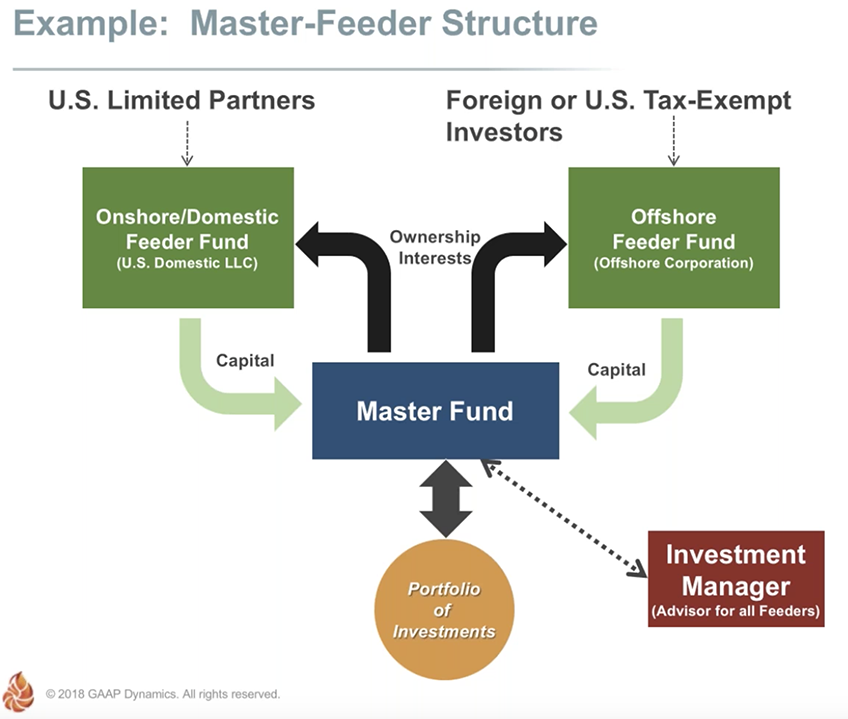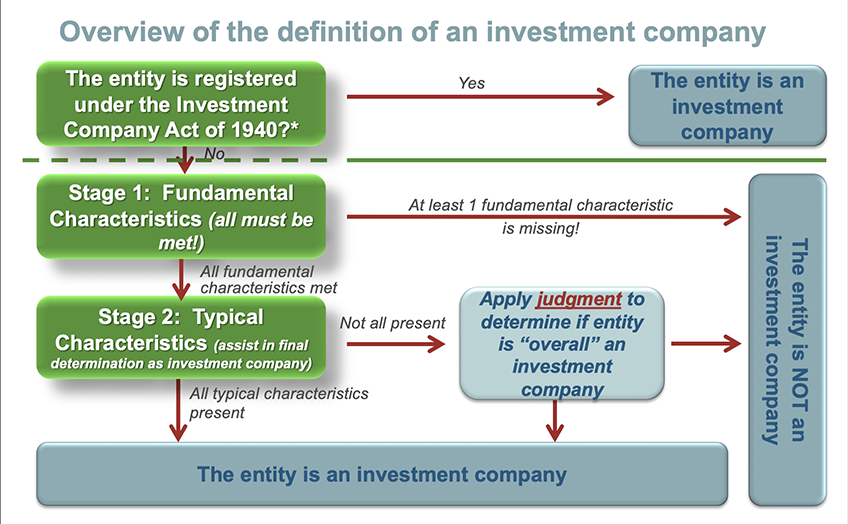Financial establishment An investment firm is an economic institution mainly participated in holding, handling and spending safeties. These business in the United States are managed by the United State Securities and Exchange Payment and must be signed up under the Investment Firm Act of 1940. Investment firm spend money on part of their clients that, in return, share in the profits and losses.

Financial investment companies do not include brokerage companies, insurance provider, or financial institutions. In United States safety and securities policy, there are at least 5 types of investment business: In general, each of these investment firm should register under the Securities Act of 1933 and the Investment Business Act of 1940. A fourth and lesser-known kind of financial investment firm under the Investment Firm Act of 1940 is a Face-Amount Certification Business.
A major kind of business not covered under the Investment Firm Act 1940 is private investment firm, which are simply exclusive business that make financial investments in supplies or bonds, yet are restricted to under 250 financiers and are not regulated by the SEC. These funds are typically made up of extremely well-off investors.
Regulated funds generally have limitations on the types and quantities of investments the fund supervisor can make. The bulk of financial investment firms are common funds, both in terms of number of funds and assets under administration.
Mineral Rights Companies
The first investment counts on were developed in Europe in the late 1700s by a Dutch investor that intended to make it possible for little capitalists to pool their funds and diversify. This is where the concept of investment firm stem, as mentioned by K. Geert Rouwenhorst. In the 1800s in England, "financial investment pooling" emerged with trust funds that appeared like contemporary financial investment funds in structure.

The 1929 securities market collision and Wonderful Depression temporarily interfered with mutual fund. New safeties laws in the 1930s like the 1933 Securities Act recovered capitalist self-confidence. A number of developments then brought about stable growth in investment firm properties and accounts over the years. The Investment Firm Act of 1940 regulates the structure and procedures of investment firm.
In 1938, it licensed the production of self-regulatory companies like FINRA to manage broker-dealers. The Stocks Act of 1933 requires public securities offerings, including of investment firm shares, to be signed up. It also mandates that financiers get a current program defining the fund. "Investment firm". United State Stocks and Exchange Compensation (SEC).
Investment Firms
Lemke, Lins and Smith, Regulation of Investment Business, 4.01 (Matthew Bender, 2016 ed.). ACM. 2023.
In retail mutual fund, thousands of capitalists may be entailed by means of middlemans, and they may have little or no control of the fund's activities or understanding about the identities of various other capitalists. The potential variety of capitalists in an exclusive financial investment fund is typically smaller than retail funds. Private mutual fund tend to target high-net-worth individuals, consisting of politically revealed individuals, and fund managers might have a close relationship with their client capitalists.

Passive funds have been expanding in their market share, and in some territories they hold a considerable portion of ownership in openly traded business. There are several classifications for mutual fund. Some are closed-end, implying they have a fixed number of shares or capital, whilst others are open-end, implying they can expand into unlimited shares or funding.
The rates, threat, and regards to by-products are based on an underlying property, and they enable investors to hedge a position, increase utilize, or speculate on an asset's adjustment in worth. For example, an investor might own both a supply and an option on the very same supply that allows them to market it at an established price; as a result, if the stock's cost falls, the alternative still keeps value, lowering the financier's losses.
Whilst taken into consideration, offered the focus of this instruction on the crawler of company vehicles, a full therapy of the beneficial possession of possessions is outside its extent. An investment fund acts as an avenue to take advantage of several possessions being held as investments. Financiers can be people, corporate cars, or organizations, and there are generally a variety of intermediaries in between the financier and mutual fund as well as in between the financial investment fund and the underlying monetary properties, specifically if the fund's units are exchange-traded (Box 1).
Investment Firms in El Paso
Relying on its legal type and framework, the people working out control of a mutual fund itself can differ from the individuals that own and gain from the underlying possessions being held by the fund at any kind of offered time, either straight or indirectly. Both retail and exclusive mutual fund normally have fund supervisors or advisors who make financial investment choices for the fund, selecting safeties that straighten with the fund's goals and take the chance of resistance.
and work as intermediaries in between financiers and the fund, helping with the trading of fund shares. They link financiers with the fund's shares and execute trades on their part. take care of the enrollment and transfer of fund shares, preserving a record of shareholders, processing ownership modifications, and releasing proxy products for shareholder conferences.
Navigation
Latest Posts
Investment Management Companies in El Paso
Investment Firms servicing El Paso, Texas
Bathroom Remodeling Contractors